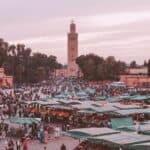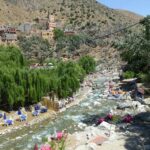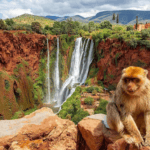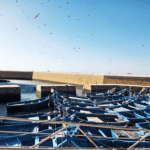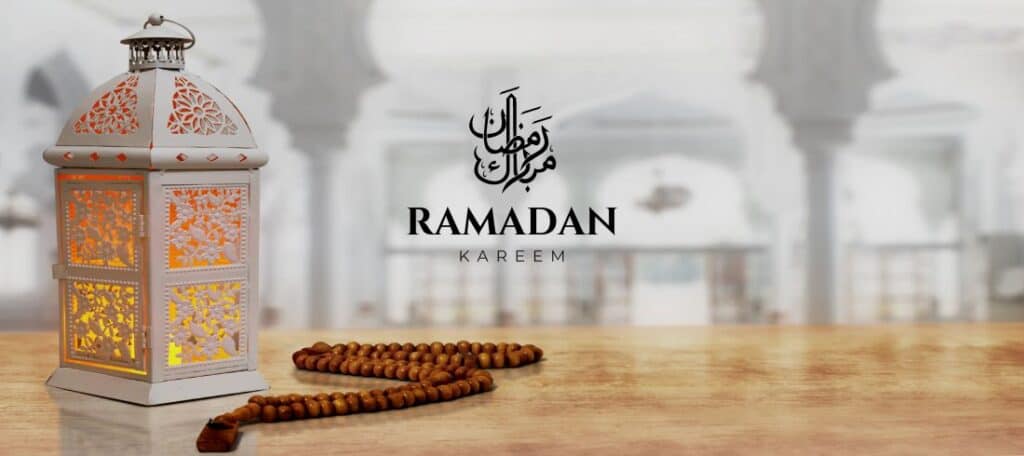
Every year, Ramadan starts around 10-12 days earlier, sparking major changes in billions of lives. This is due to the differences between the lunar Islamic and solar Gregorian calendars. Ramadan, the ninth month of the Muslim calendar, focuses on more than just fasting. It’s a time for deep spiritual reflection. Fasting during this month is one of Islam’s five pillars.
After the sun sets, the fast breaks with dates, followed by the iftar meal. This meal is a moment for prayer and feasting together, strengthening traditions and community bonds. The sacred month ends with Eid al-Fitr, celebrating with special foods, prayers, and sharing gifts and wishes with family and friends.
Understanding the Holy Month of Ramadan
Ramadan is a special time for spiritual reflection, community, and discipline. It’s celebrated with diversity and unity. The lunar calendar marks its start, signaling a time for fasting, prayer, and self-reflection.
The Significance of the Lunar Calendar
The lunar calendar, linked to the moon’s cycles, sets Ramadan’s start with the crescent moon’s sighting. This calendar is about 11 days shorter than the Gregorian calendar. This makes Ramadan come earlier each year. These changes highlight the beauty of celestial events and show how Ramadan’s experience varies with seasons and locations.
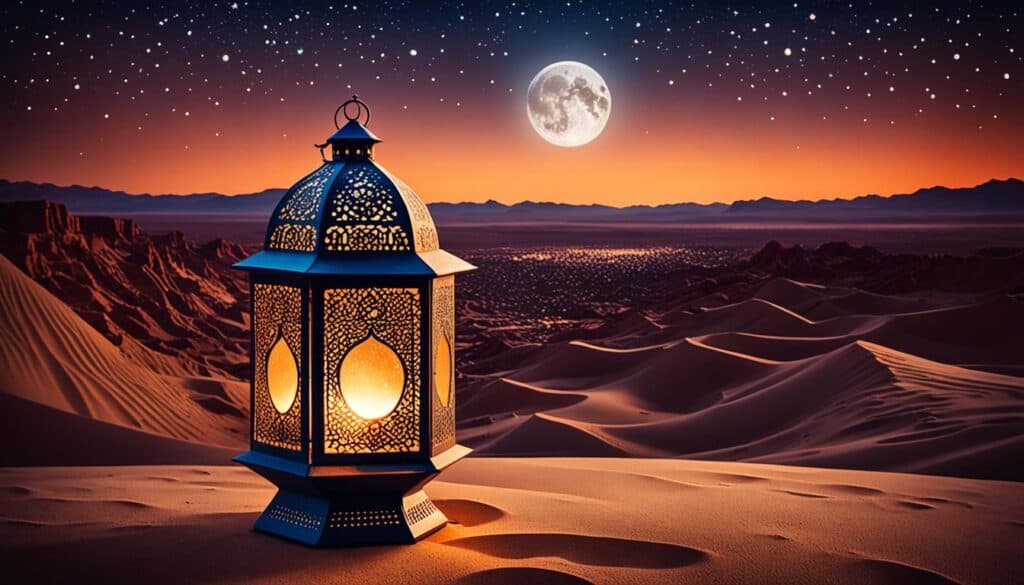
The Spiritual Pillars: Fasting and Prayer
Fasting and prayer are key in Ramadan, forming one of Islam’s five pillars. Around 1.8 billion Muslims take part globally. They avoid food, drink, and more from dawn to sunset. This practice cleanses the body and shows empathy for the needy. The nightly Tarawih prayers deepen the spiritual connection.
Unity and Diversity in Observance
Ramadan is about unity and diversity. Across the world, Muslims fast from dawn to sunset. The fasting time changes with seasons and locations, affecting the hours of fasting. This can change from very early to very late in the day by the end of Ramadan in 2024.
All Muslims share the fasting and prayer commitment. But, there are differences in practices due to health, age, or travel reasons. Cultural traditions also bring diversity to this observance. Eid al-Fitr ends Ramadan, celebrating unity in diversity with prayers and fun.
Ramadan Traditions and Cultural Celebrations
As the ninth month of the Islamic lunar calendar Ramadan gets closer, this year around March 11, Muslims all over the world get ready. This time holds deep spiritual meaning for them. Fasting from sunrise to sunset is key, but it’s also a time for worship, charity, and good deeds. This reflects the core of the Five Pillars of Islam. Countries with many Muslims show this holy time in unique ways. For example, in Egypt, lanterns light up streets, and Ramadan tents fill with laughter.
In Indonesia, over 200 million Muslims follow traditions that mix with Hindu and Buddhist culture. In the USA, where many Muslims live, big stores sell Ramadan-themed decorations. This shows how Ramadan traditions are becoming part of many cultures.
When it’s time to break their fast, Muslims enjoy special dishes. These meals are awaited eagerly each year. Charity events and performances during Ramadan bring people together. The excitement builds up to Eid al-Fitr, a festival with family, food, and gifts. It’s a highlight of Ramadan.
The African American Muslim community blends Ramadan into their culture with unique practices. Islam’s historical roots in this community date back to the slave trade era. Then, many Africans brought to America were Muslim. Groups like the Moorish Science Temple and the Nation of Islam keep Ramadan traditions alive. “Ramadan” means “scorching heat,” reminding us of the faith’s beginnings and the Holy Qur’an’s revelation.
Fasting from dawn till dusk is a common bond among Muslims. It reminds them of the first Qur’an verses received by Prophet Muhammad. This sacred night, filled with reflection and joy, is treasured worldwide.
Conclusion
As the crescent moon marks the start and end of Ramadan, the traditions of this month show deep spiritual devotion and discipline. This period includes Ṣawm, a key pillar of Islam, where fasting from dawn till dusk teaches gratitude and empathy. Ramadan changes each year, moving 10–12 days earlier than our calendar. This brings a rich mix of cultural practices.
Muslims worldwide come together for ifṭār after sunset prayers. It’s a time of unity and joy within the community. At night, many engage in tawarīḥ prayers, going through the Quran’s 114 chapters. This strengthens their spiritual connection and extends worship. These traditions help mix daily life with spiritual practices, seen in the shorter work hours in Muslim-majority countries.
The end of Ramadan starts with Eid al-Fitr, a major holiday. It’s a three-day festival filled with prayers and fun, highlighting community spirit and shared joy. As the moon’s cycle ends, Ramadan leaves a legacy of renewed faith and stronger community ties. Every believer goes through a journey that deepens their connection to the divine and to each other.





